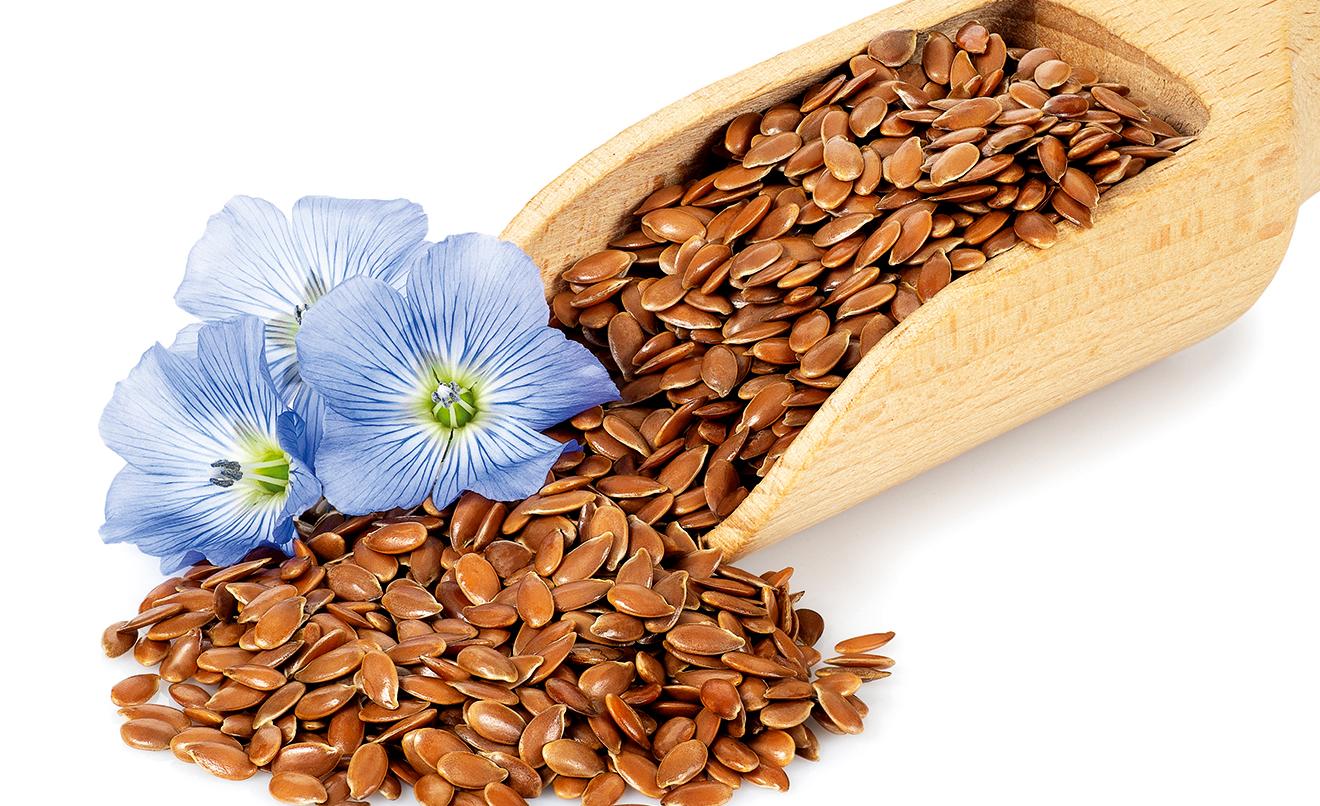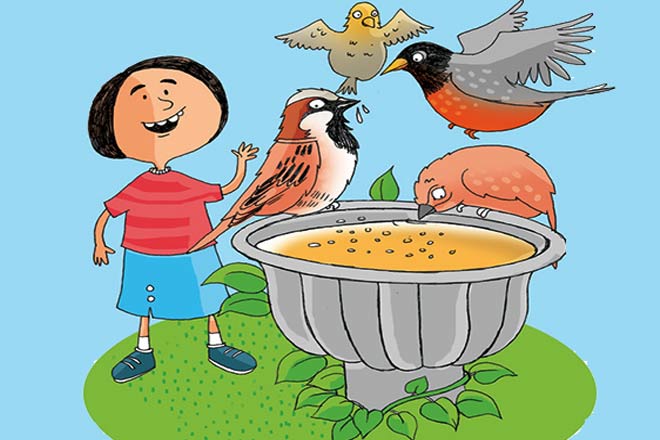Beans: Health Benefits & Nutrition Facts - Drlogy
$ 8.99 · 4.9 (630) · In stock

Beans Nutritional Profile, Health Benefits, Safety Profile, Selection and Storage. Take protein from beans is better than taking from meatBeans are some of the mo
Drlogy helps you to find Best/top and verified Doctors, Clinics/Hospitals, Diagnostics, Pharmacies, Agencies, Pharma, Associations & Jobs near You. Drlogy App for all your Health and Fitness solutions.
Take protein from beans is better than taking from meatBeans are some of the most underrated food. They are excellent sources of dietary fiber, protein, B vitamins, and other important vitamins and minerals. Beans are seeds from the Fabaceae family, commonly known as the pea, legume, or bean family. Beans are the seeds from flowering plants and are classified as legumes. They usually grow in pods, which are capsules with several beans inside. These pods or capsules develop from flowers and other legumes include peas, peanuts, and lentils. Beans can help reduce blood sugar, improve cholesterol levels and help maintain a healthy gut and help build muscle. Beans are a good source of fiber, improving heart health, reducing iron deficiency, may help prevent cancer, boosting enzymes, a good source of protein, prevent birth defects, a low-fat source, improving eye health, controlling PMS, takes care of joints, and reduces depression. Botanical Name: Phaseolus vulgaris Beans are one of the longest cultivated plants and broad beans also known as fava beans, in their wild state the size of a small fingernail, were gathered in Afghanistan and the Himalayan foothills. Beans are domesticated in the Americas were found in Guitarrero Cave, an archaeological site in Peru, and dated to around the second millennium BCE. The main Varieties are Lima beans, Black beans, Black-eyed peas, Soybeans, Kidney beans etc. Nutritional ProfileHealth BenefitsIt makes heart healthy Beans are rich in water-soluble vitamins, especially thiamine, riboflavin, niacin, and folacin. Also rich in Folate, potassium, calcium, magnesium, electrolytes, and minerals. Which are combinedly effect on the heart and minimize the risk of heart disease and high blood pressure? Beans are heart healthy because they contain an abundance of soluble fiber, which can lower cholesterol and triglyceride levels. High levels of LDL cholesterol can stick stuck to the walls of blood vessels, causing inflammation and plaque build up. But beans have low-fat and high in soluble fiber which prevents LDL from being absorbed in the blood. Various studies conducted on beans that show that water-soluble vitamins, minerals which helps to prevent heart disease. MAIN THING: Due to fiber, vitamins and minerals reduce the risk of heart disease.Fight with cancerBeans are highly filled with antioxidants, which protect the body against free radicals that could harm body cells and result in cancer. A study shows that beans contain a protective polyphenol called coumestrol is known to prevent cancer and also help in preventing intestinal cancer, inflammatory bowel disease, and colon cancer. Vitamins are present in beans prevents the development of all types of cancers like lung cancer, prostate cancer, breast cancer, ovarian cancer, and pancreatic cancer.MAIN THING: Coumestrol is responsible for preventing cancer which found in beans. Healthy digestive system Beans can promote regularity of defecation by preventing constipation. Beans contain both soluble and insoluble fiber, so they keep the digestive system running smoothly. The first slows down digestion, which gives a full feeling, and the second helps prevent constipation. Most of the fiber in beans is insoluble, so it does not blend with water, but rather functions as a "bulking agent" in the digestive tract means that it adds weight to the stool and may help food and waste pass more quickly through the digestive system.MAIN THING: For Healthy digestion, fibers have an important role which presents in beans. Help in reducing obesity Beans are metabolized more slowly than other complex carbs. So beans are an aid in diet and it helps in weight loss by keeping feeling full without being excessively high in calories. MAIN THING: Eating adequate amounts of protein and fiber may automatically reduce the number of calories eaten throughout the day by keeping your appetite under control. Prevents anemia Beans are rich in iron. Iron deficiency is one of the most common deficiencies in people and the leading cause of anemia, a condition where the body has a lower-than-normal red blood cell count. MAIN THING: Iron-rich beans help to prevent anemia. Improves eye healthBeans consist of zinc, vitamin A and bioflavonoids. Zinc is a vision supporting nutrient that benefits the health of eyes. Its main role is to convert beta carotene into vitamin A in a form that is usable by the visual system and the body. Some researchers reported that flavonoids are antioxidants that increase eye health by neutralizing free radicals that harm healthy eye cells. MAIN THING: Zinc, Vitamin A and Bioflavonoids presence in beans help to protect your eyes.Reduces depression Beans are rich in folate and adequate consumption of folate can prevent a boost in homocysteine production in the body. A review suggested that Too much of homocysteine can decrease blood flow and other important nutrients from reaching to the brain, so the production of dopamine, norepinephrine, and serotonin are disturbed and that causes irregular sleep, appetite, and mood, and the person goes in depression.MAIN THING: Eating of beans reduces stress and free from depression due to folate. Safety ProfileTrigger up migraines: Some legumes can trigger migraines or an allergic reaction in some people. Disturbance in absorption: some beans contain substances that interfere with the absorption of beta carotene and vitamin B12 and D. In case of gout: People with gout are often advised to forgo dried peas, beans, lentils, and other legumes because of their high purine content and purines increase levels of uric acid and can precipitate a gout attack. Food poisoning: It is unsafe to eat many beans raw because they contain proteins called lectins. These proteins can cause severe food poisoning because they interfere with digestion and can lead to cyanide formation. Selection and StorageSelectionChoose beans with healthy grains, with no traces of injuries and holes. Storage Storing beans should be done in a dry and cool place, in appropriate bags. Beans are a product that can withstand a very long time, but once cooked, it should be consumed within 2-3 days.

Green beans: Health benefits, uses, and possible risks
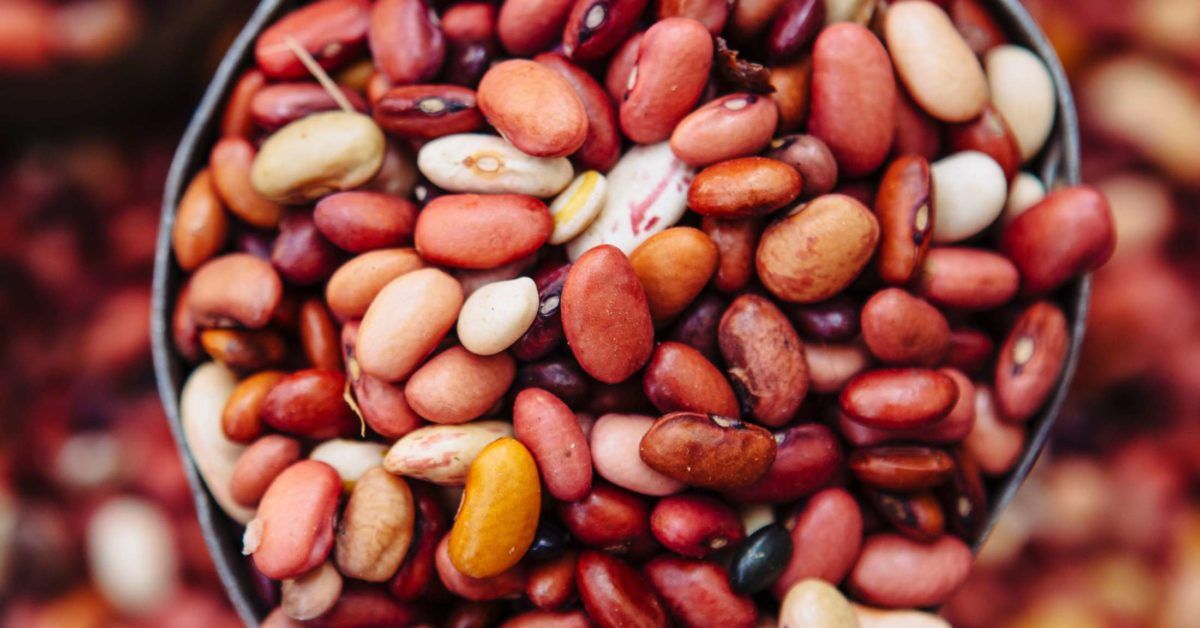
9 health benefits of beans

Health Benefits of Green Beans, Organic Facts

National Nutrition Week September 1-7: National Holiday & Upcoming Days- Drlogy Days Health
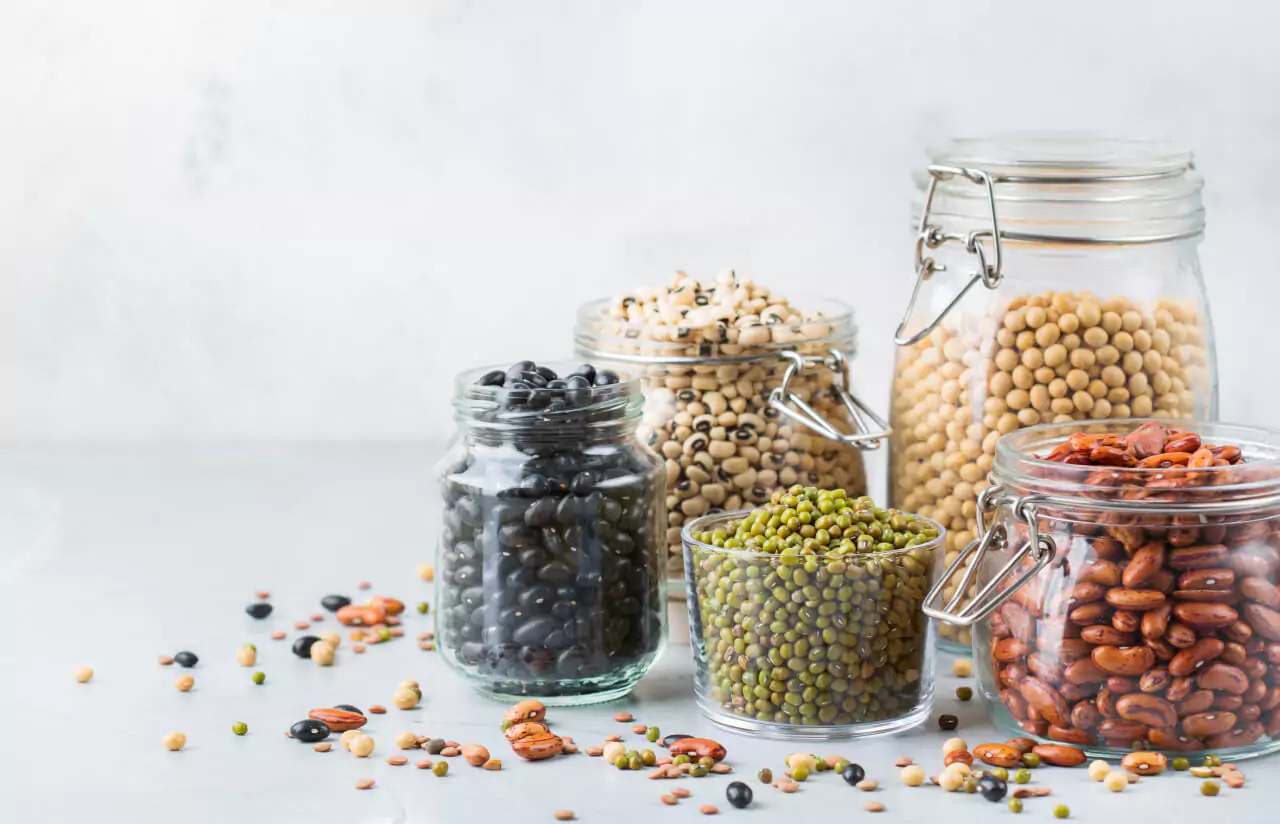
The Health Benefits of Beans - Nutrisense Journal
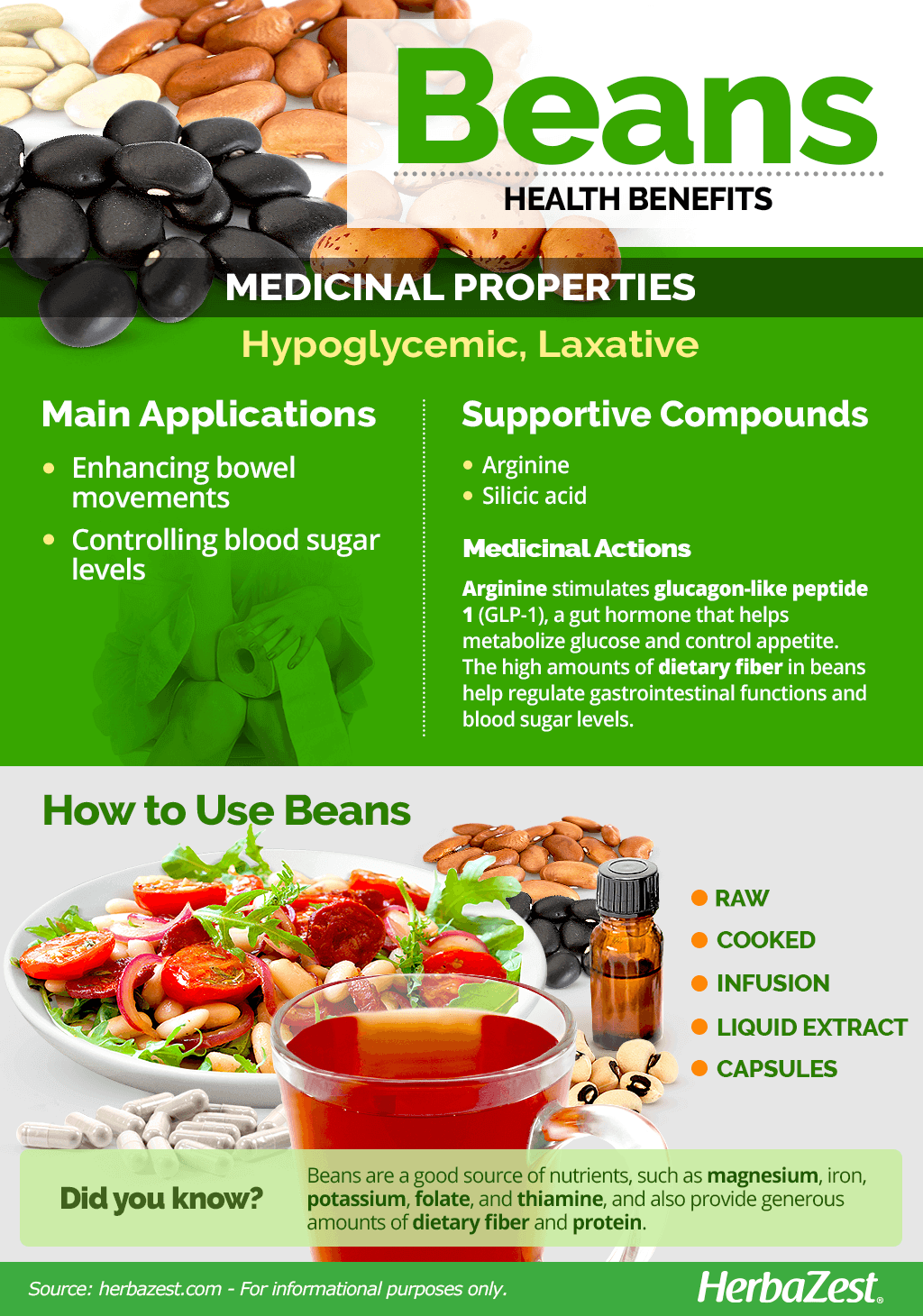
Bean HerbaZest

World Chickpeas Day Chickpeas are a rich source of protein, fiber, vitamins, and minerals, and have many health bene…
:max_bytes(150000):strip_icc()/lima-beans-crop-a9087a4e17ea4c8fb8851cc52ddfe4bf.jpg)
Cannellini Bean Nutrition Facts and Health Benefits

रोजाना मुंग खाने से होंगे ये फायदे
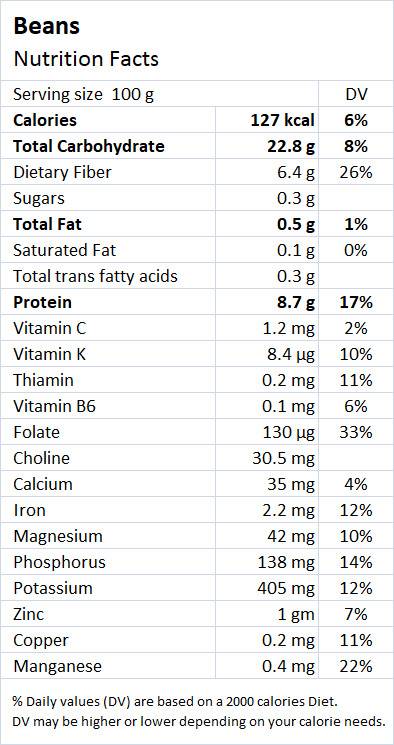
Beans: Health Benefits & Nutrition Facts - Drlogy

Bean - health benefits and therapeutic value

Drlogy

The magical bean effect on diabetes control - Happiest Health

Drlogy



